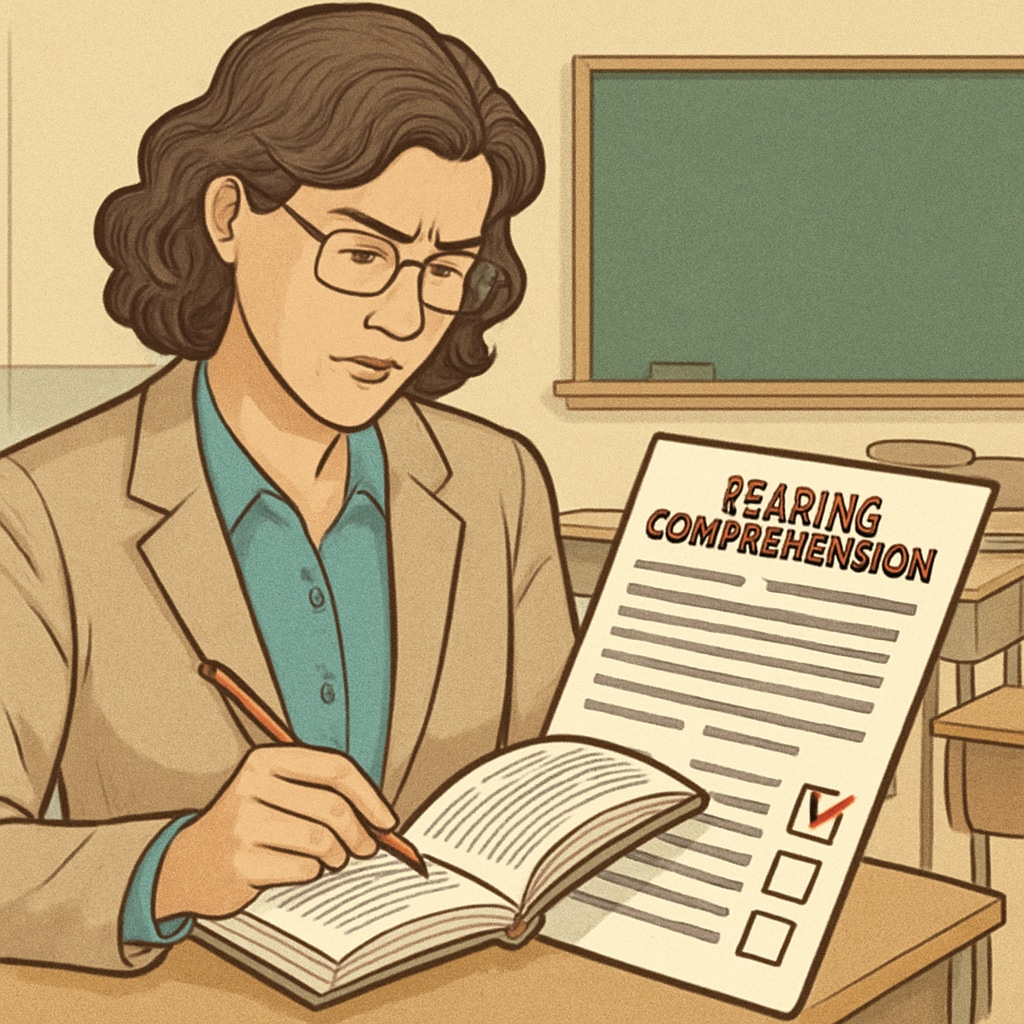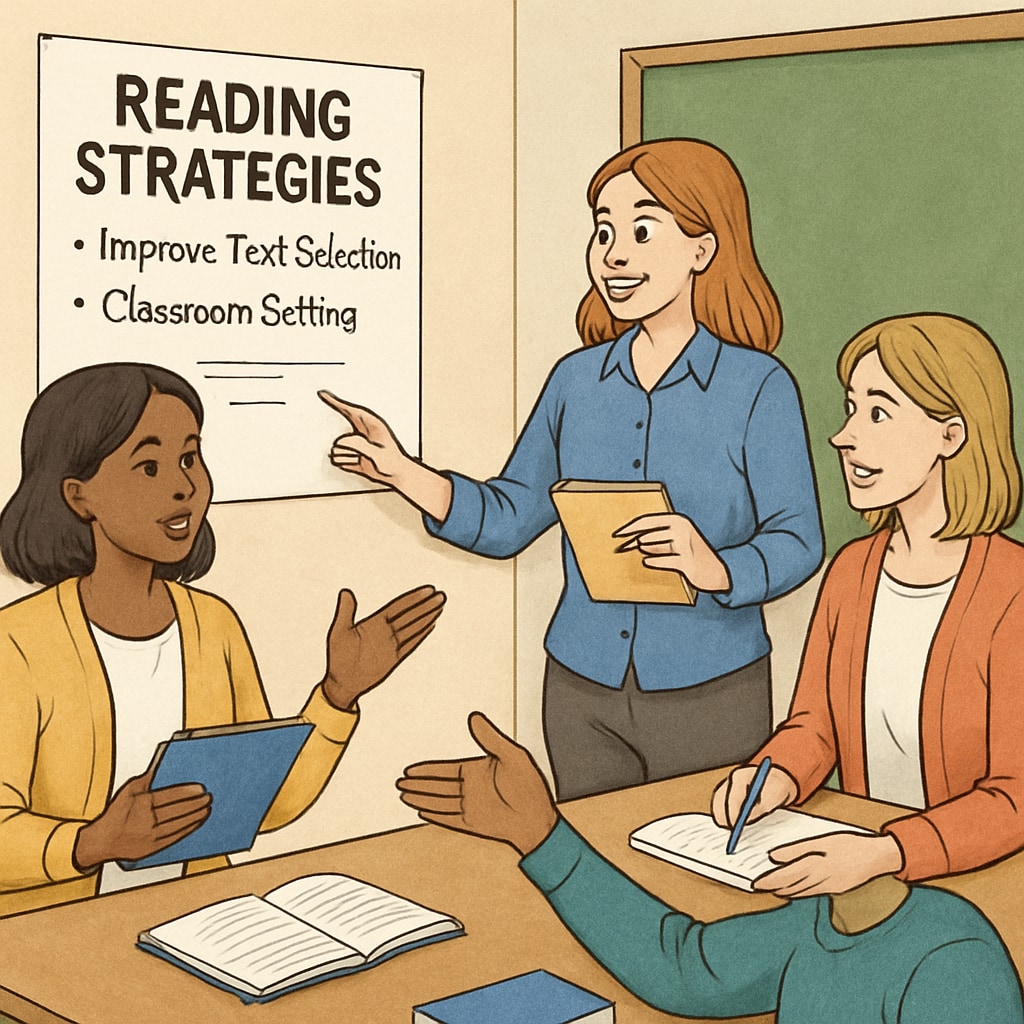Understanding the factors that contribute to “text complexity” is essential to improving K12 students’ reading comprehension. Teachers play a pivotal role in this process, as their professional judgment is invaluable for assessing how various texts align with students’ reading levels. This article underscores the significance of text complexity research, invites K12 teachers to volunteer, and discusses how their participation can help transform personalized learning in schools.
Why Text Complexity Matters in Reading Education
Text complexity refers to the level of challenge a text presents to a reader based on factors like vocabulary, sentence structure, and content. For educators, accurately gauging text complexity is crucial for ensuring that students are matched with materials that foster both engagement and growth. Misjudging this complexity can lead to frustration or lack of progress, ultimately hindering a student’s ability to master reading skills.
For example, a text that is too difficult may discourage students, while one that is too easy may fail to stimulate learning. Studies show that effective reading instruction relies heavily on matching texts to appropriate levels of student readiness. Teachers, with their firsthand classroom experience, are uniquely equipped to contribute to this research.

How Teacher Volunteers Can Contribute to Text Complexity Research
The success of text complexity research depends on insights from educators who work directly with students. By volunteering in this study, teachers can provide critical feedback on how they perceive the complexity of various texts. This data will help refine models used to assess readability and difficulty, making them more accurate and applicable across diverse classroom settings.
Specifically, teacher volunteers will be asked to:
- Review and evaluate sample texts based on their perceived difficulty levels.
- Provide insights on how these texts align with their students’ abilities.
- Participate in short surveys or discussions to share their observations.
The time commitment is minimal, and the impact is substantial. By joining, teachers are directly contributing to the creation of tools that will support more individualized reading instruction.

The Benefits of Participation for Teachers and Education
Participating in this research benefits not only the education field but also the individual teachers involved. Here’s how:
- Professional Development: Gain deeper insights into text complexity and how it affects reading comprehension.
- Networking Opportunities: Connect with other educators and researchers dedicated to improving literacy.
- Enhanced Classroom Strategies: Access new tools and frameworks for selecting texts tailored to student needs.
In addition, the broader educational community benefits by developing an improved system for evaluating text complexity. These advancements will lead to more effective, personalized learning experiences for students, ultimately improving literacy outcomes nationwide.
Join the Movement to Shape the Future of Reading Education
K12 teachers are invited to be part of this innovative research effort. Your expertise is invaluable in shaping a system that accurately assesses text complexity and supports personalized learning. Together, we can ensure that every student has access to reading materials that challenge and inspire them.
If you’re interested in participating, reach out to the research team today. Your contribution will not only advance academic research but also leave a lasting impact on the next generation of readers.
As educators, you have the power to transform the way reading is taught and learned. Join this important initiative and help build a future where every student thrives in literacy.
Readability guidance: This article uses short paragraphs, clear language, and structured sections to ensure accessibility. Lists and examples are included to summarize key points, while transitions like “for example” and “in addition” improve flow.


